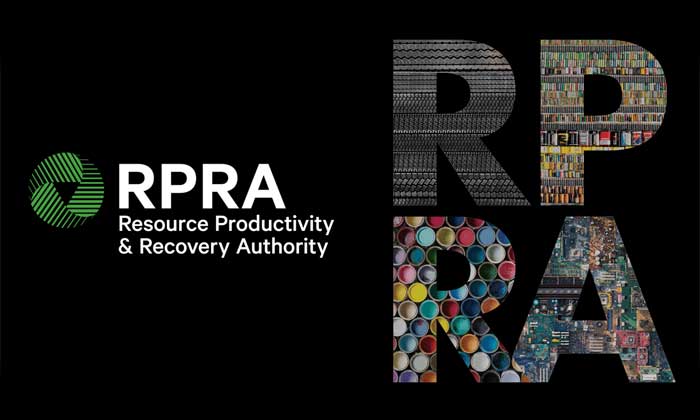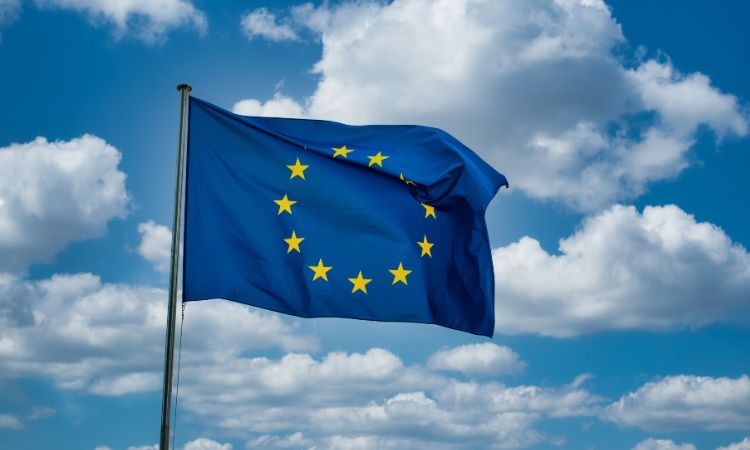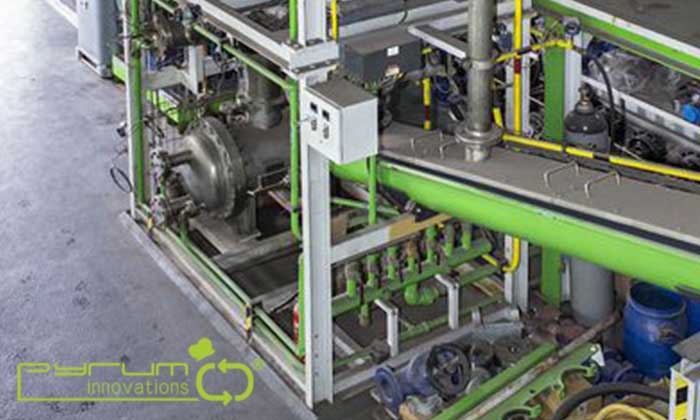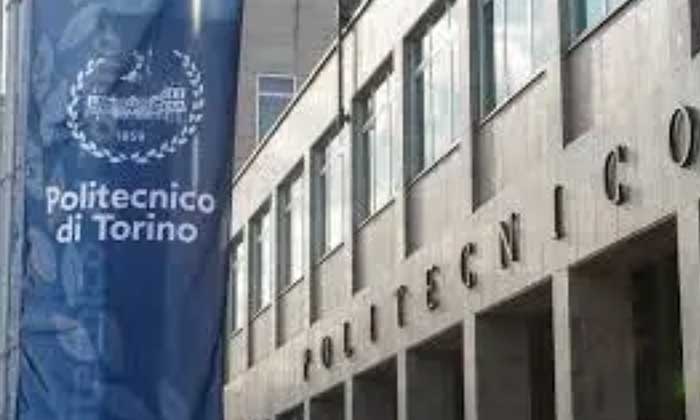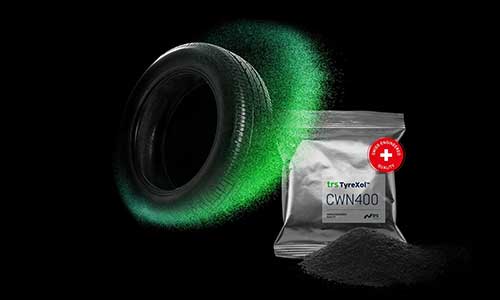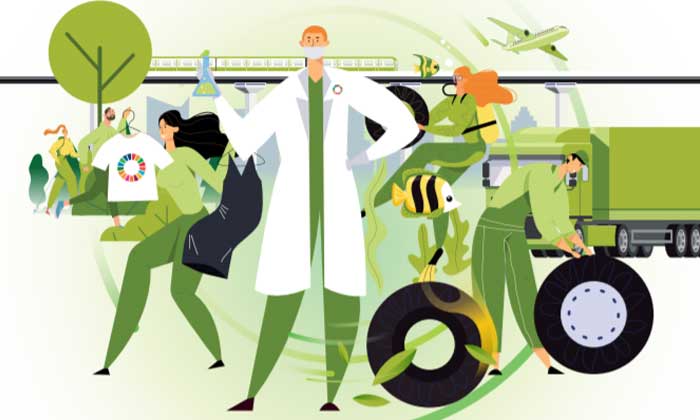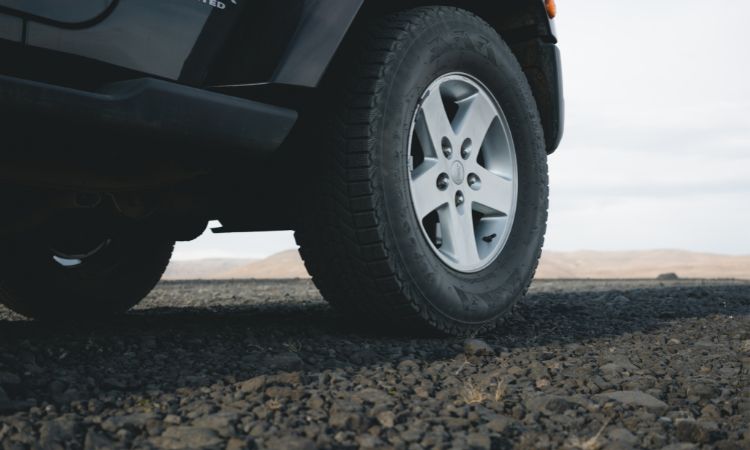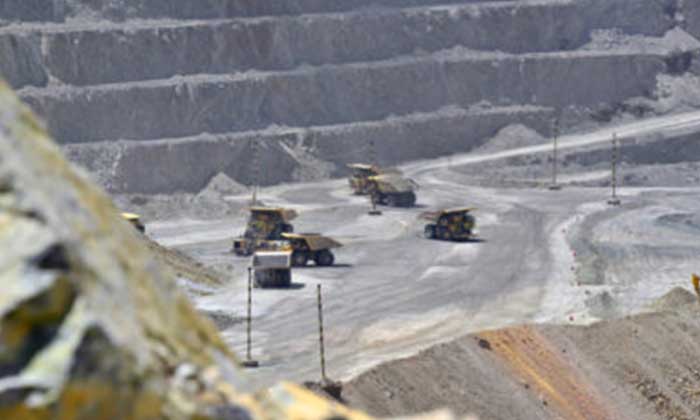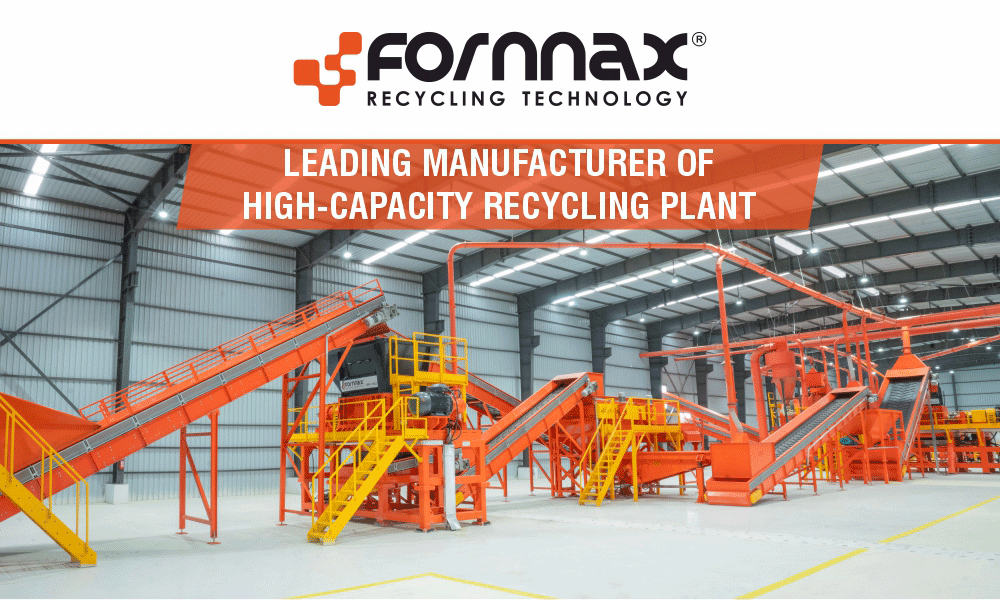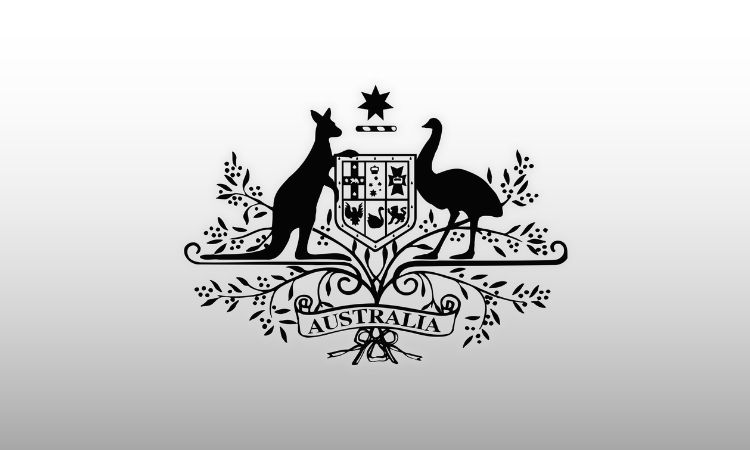
Western Australia’s AUD $44.1M push to recycle tires and plastic into valuable products
The Australian federal and Western Australian Labor governments are co-investing AUD $44.1 million in nine recycling projects to enhance waste management across Perth and regional Western Australia. These projects will divert 143,000 tonnes of waste from landfills annually and create 246 jobs. Facilities will recycle plastics, tires, paper, and cardboard into new products, including high-quality plastic pipes. Key projects include a tire recycling and devulcanization plant to process 12,000 tonnes of off-the-road tires into reusable rubber materials.



